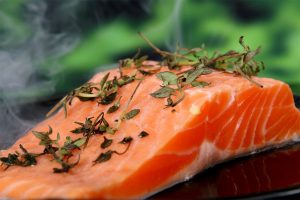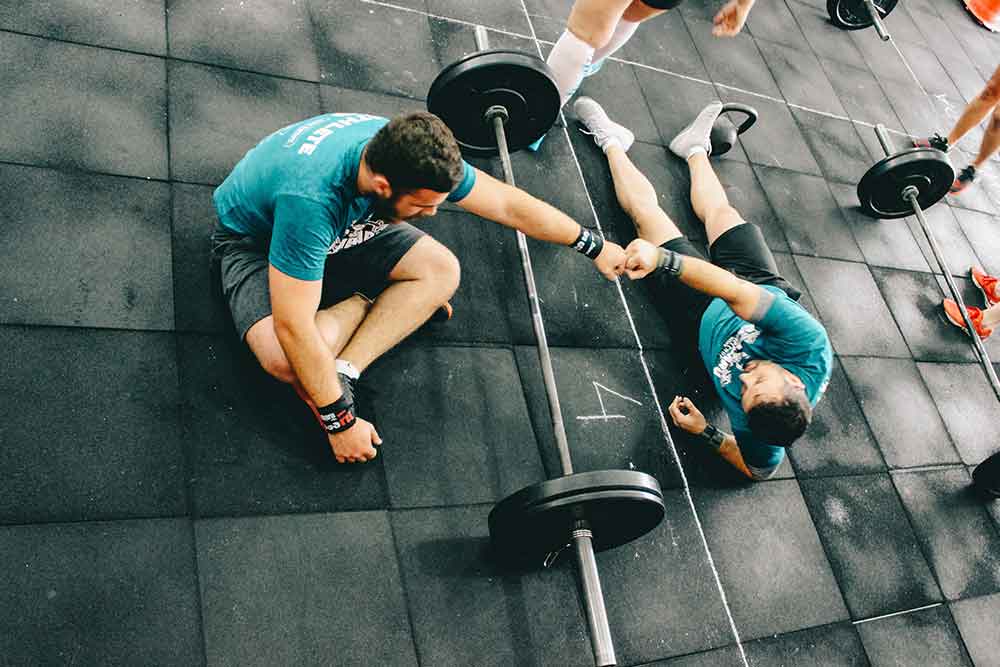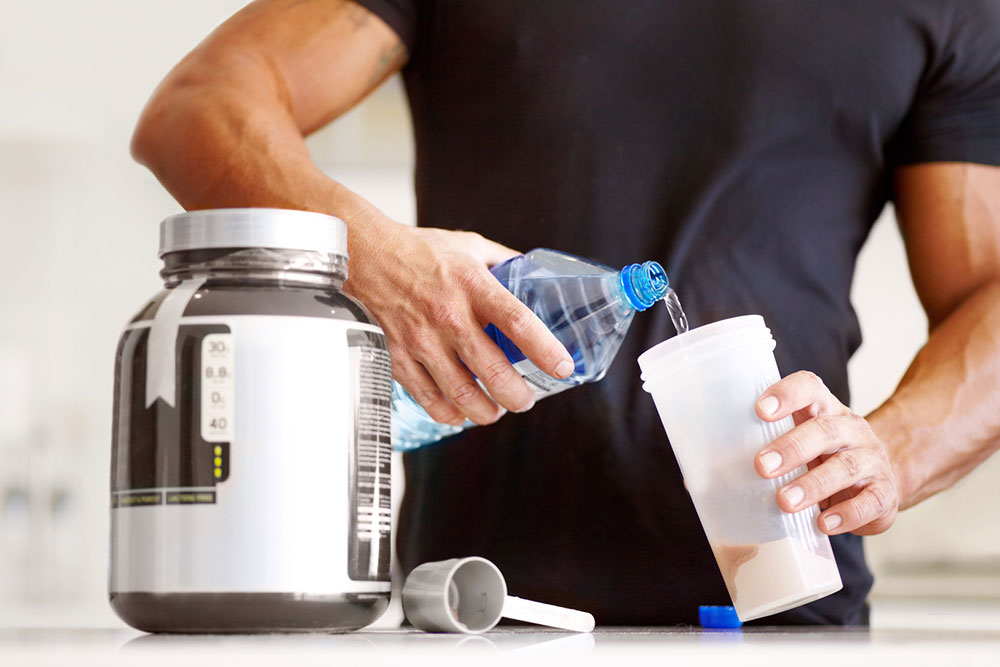How Much Protein Should You Eat?

John Barry
How much protein should a person eat? What foods are high in protein? Is that to much food to eat? How can I get more into my diet without increasing my total calorie count to much?
These are all questions I have received from my athletes. Of all levels. There are some hard rules to follow here, but it’s also good to know that each person and individual is different. It’s always important to consult your physician and observe any known or possible food allergies. If these precautions are taken in proper consideration and the proper amounts of protein and calorie intake are followed, than one is going to see an increase in athletic performance, muscle growth and less soreness from exercise. With that out of the way, let’s begin our protein talk.
Related Article: Is There a Magic Bullet to Protein Consumption?
Optimal Level of Protein Consumption
The latest meta analysis of relevant studies I came across, stated that the optimal level of daily protein consumption, for a person going through strength and conditioning training, to gain both strength and muscle was roughly 0.8 grams per pound of body weight. Let’s do some quick math here.
I personally am just about 173 pounds. I am normally right around 9% body fat, so don’t need to be in caloric deficit on a daily basis (although I always to prefer to be). This means I can use my current weight as the number to calculate off of. This means I should optimally consume 138.4 grams of protein a day. What does that look like? An 8 oz serving of salmon will yield 46 grams of protein per serving. This breaks down to three, 8 oz servings of salmon for me a day. That is 1.5 pounds total. Quite a bit, but not unreasonable. Obviously, I’m not suggesting you eat multiple salmon per day. I prefer to be more vegetarian based for most meals and have meat for one main meal per day. Of course this is a part where individuality comes in. Due to a persons diet restrictions, what is being eaten will change. The good news is there are multiple food sources that are both clean and can provide the protein and nutrients that a person needs.
Now again, that number is specific to me. Do I teach it everyday? No, but I do my best by planning ahead and making sure not to miss multiple days in a row. I utilize protein supplements such as drinks and powders. I normally use a whey protein and/or pea protein source. It is an efficient way to reach that total protein number without overloading on calories. My total calorie count for the day varies depending on what my calorie output is and this may vary for you as well. Here is how you can determine what your number is and what an average day of that might look like in real life.
Choose A Goal Weight
Start by choosing a goal weight. This is your weight would be at what your ideal body fat percentage would be. The equipment needed to measure percent body fat is fairly accessible at most gyms, health centers or even through personal purchase. It’s best to refer to a professional when determining what your ideal number is, due to the numerous variables that come into play.
Let’s do some more numbers. Take a person that is 150 pounds and currently 20% body fat. If their ideal number is 15% body fat, that would put there ideal weight at 142.5 pounds.
150×0.05=7.5
150-7.5= 142.5
This doesn’t represent simply losing 7.5 pounds of fat, but rather a body change of building muscle and burning adipose tissue.
This person is going through strength training in order to gain strength and build muscle. Their goal protein consumption is 114 grams. This is what that could look like (again, consult your physician about any dietary restrictions due to medical conditions or food allergies). I’m only including the main Protein source for simplicity sake.
Meal 1:
-2 tbsp of protein enriched almond butter
-11 grams of protein
-180 calories
Post workout:
-20 grams of whey protein supplement
-80 calories
Lunch:
-salad with spinach and salmon (6 oz)
-35 grams of protein
-318 calories
Dinner:
-6 oz chicken with Brussel sprouts
-45 grams protein
-300 calories
Total numbers:
-111 grams of protein
-878 calories
The other calories will be composed of fat and carbohydrates and will differ depending on a persons own goals and total caloric intake. By planning ahead, you will be able to reach these daily goals and in turn reach short term and long term goals as well.
Related Article: The Ever Changing Science of Protein
You Might Like:





















